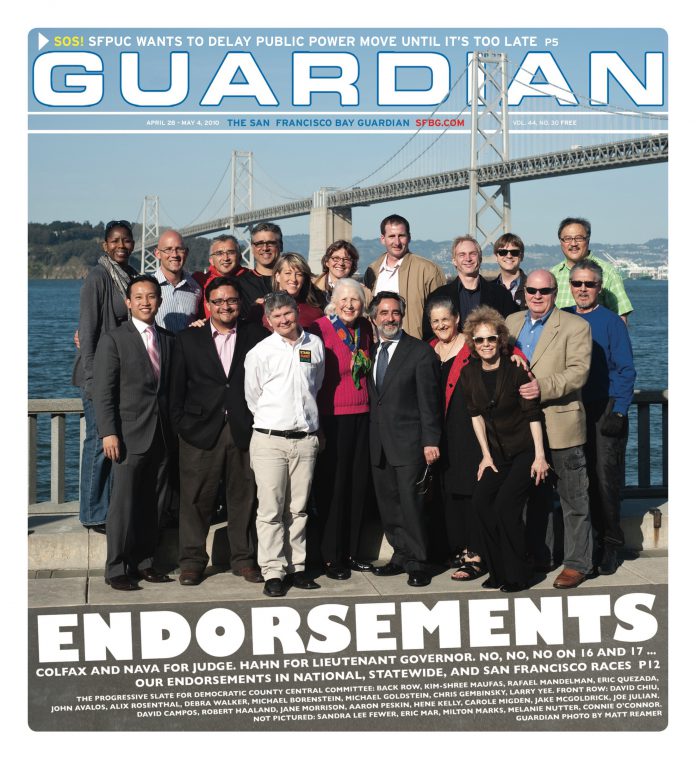TV BIOPIC The John Carpenter-directed biopic Elvis hit network TV airwaves in 1979, ironically enough in the same time slot as that slice of Deep South Americana Gone With the Wind (1939). The Big E had expired just two years previously, and Elvis worship was in full flower. The TV movie thus squeezed out the Gable-Leigh epic to take top spot in the nation’s hearts, for that night anyway.
Released in March on DVD in its full three-hour glory, Elvis was put together by Dick Clark’s production company, which apparently wanted a fairly by-the-numbers hagiography. Kurt Russell does a credible job of capturing the curled lip and intonation of the humble country boy who wore flashy clothes and mixed white country, black blues, and various pop influences until he hit the big time.
Screenwriter Anthony Lawrence worked on several of Elvis’ less than groundbreaking Hollywood vehicles, including Roustabout (1964) and Paradise, Hawaiian Style (1966). Lawrence also penned scripts for both The Outer Limits and Medical Center, which might be even better qualifications for writing about someone who had as many problems with impulse control as Presley.
But, alas, the life we see is oddly squeaky clean. We see nary a caffeine tablet eaten. Lawrence depicts Elvis remaining fairly chaste while waiting to find his true love Priscilla (Season Hubley), not to mention during the additional time spent waiting for her to mature to legal marrying age. (For those jaded souls who need something a bit more salacious, e.g. the skinny on the King’s thing with Tura Satana, check out Alanna Nash’s recent Baby, Let’s Play House: Elvis Presley and the Women Who Loved Him.)
We see Elvis the seeker reading a passage from Khalil Gibran’s The Prophet aloud to Priscilla, but nowhere is there a shot of his other favorite bedside reading, The Physicians’ Desk Reference. According to Elvis biographer Bobbie Ann Mason, he used said volume “like a shopping catalog.”
We do get Shelley Winters as Elvis’ beloved mother Gladys, surely one of the oddest casting choices in the Carpenter ouevre. The black wig Winters sports made me think of Divine, which in turn reminded me of how much more fun I had watching the 1950s rock ‘n’ roll cutting up in John Waters’ Cry-Baby (1990).
Carpenter’s thumping synthesizer soundtrack tunes, so key to the addictive pleasures of his horror pictures — including They Live (1988) and Halloween (1978) — are sadly absent. There are decent versions of early Sun numbers with some guy named Ronnie McDowell doing credible vocals. Maybe the creepy synth would be more appropriate for a follow-up biopic on the final years (this one ends in 1969; Presley’s ended in 1977), including a recreation of Elvis’ legendary 1970 White House meeting with Richard Nixon.

